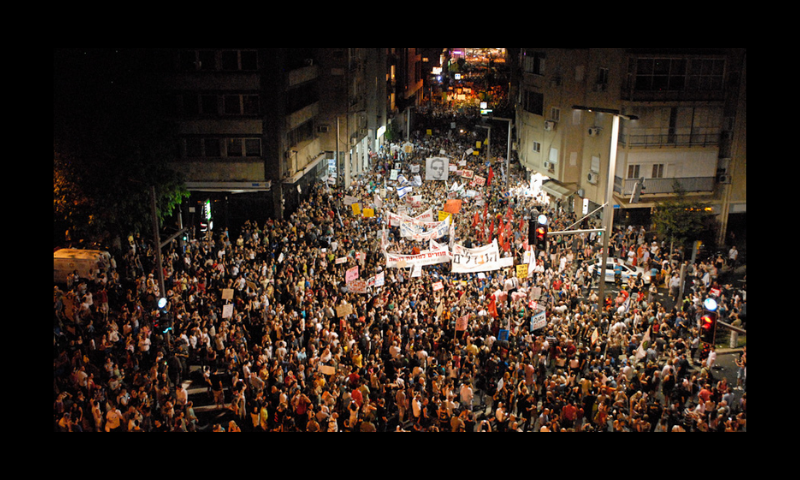Michael Koplow
Israel Hayom, Jan. 22, 2023
“Basic Laws do not necessarily sit above the messiness of politics or reflect a broad political and societal consensus, and the Israeli Supreme Court’s effort to treat them as such causes its own set of controversies and opposition.”
The furious debate over Israeli Justice Minister Yariv Levin’s proposed judicial reforms that is now roiling Israeli state institutions and society – evidenced by shouting matches in the Knesset’s Constitution, Law and Justice Committee, speeches from Supreme Court President Esther Hayut, and responding speeches from Levin, and more than 100,000 people protesting in Tel Aviv, Jerusalem and Haifa – is confusing.
To begin with, the details are not easily accessible to those not steeped in constitutional law and political theory, let alone the specific peculiarities of the Israeli system, with its Basic Laws and reasonableness tests. Furthermore, it seems strange that the fundamental rules of the game are still open for debate 75 years after Israel’s founding.
The fight taking place is not over a specific policy – at least not yet – but over whether the Supreme Court should have the ability to deem legislation out of bounds, and whether the Knesset should have the ability to ignore the Supreme Court if it chooses. For Americans in particular, this is unfamiliar terrain, even if we have gone through our own institutional upheaval in recent years.
The heart of Israel’s problem is that it went through what was deemed a constitutional revolution and is now in the throes of a potential constitutional counterrevolution, all without actually having a constitution.
Constitutions are important not only because they ideally reflect a country’s core principles, serving both as a mission statement and operating manual, but also because they represent a governing philosophy that sits above the messiness of politics. Democracies will have fights over policies that lead to drastic swings depending on changes in power and changes in societal values, but the animating feature of constitutions is that they are supposed to reflect the unchanging nature of the system itself. It is why constitutions work best when they are written and passed with a wide consensus from across the entire spectrum, and why constitutional changes should be subject to an extremely high barrier, as with the process for amending the US Constitution. …Source


